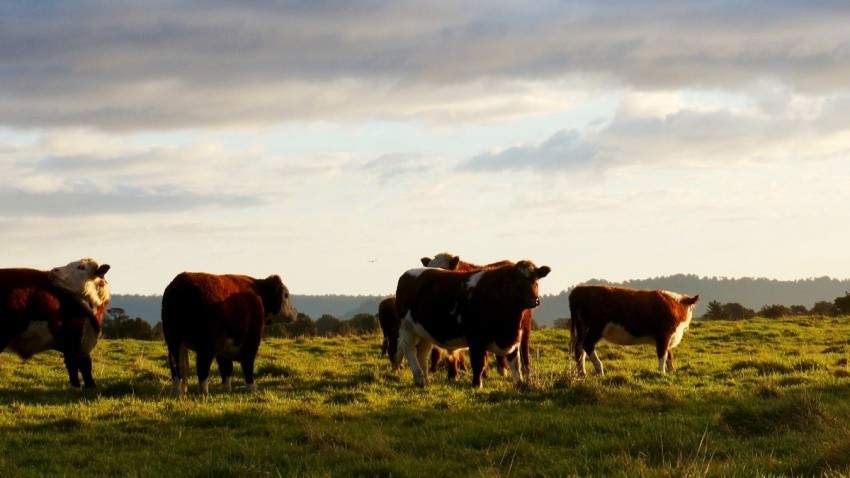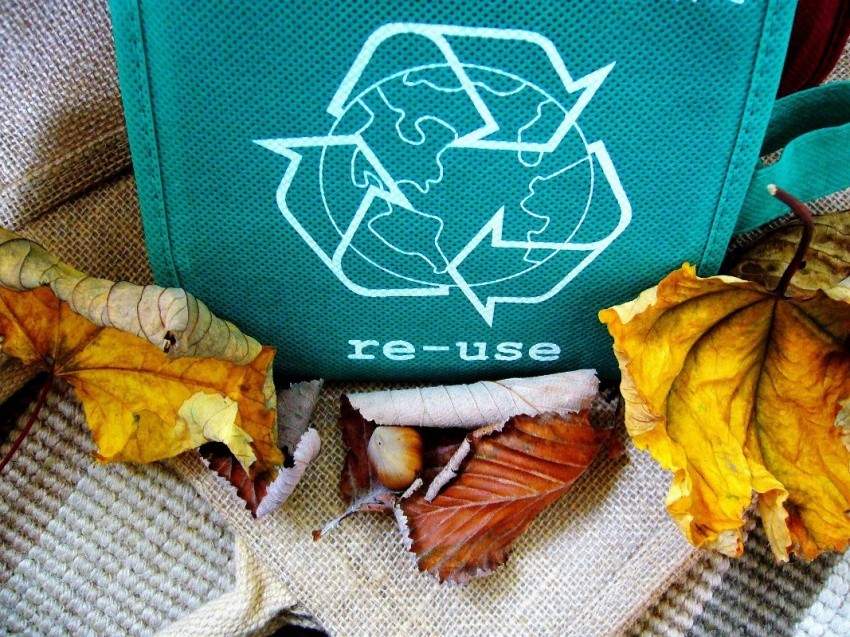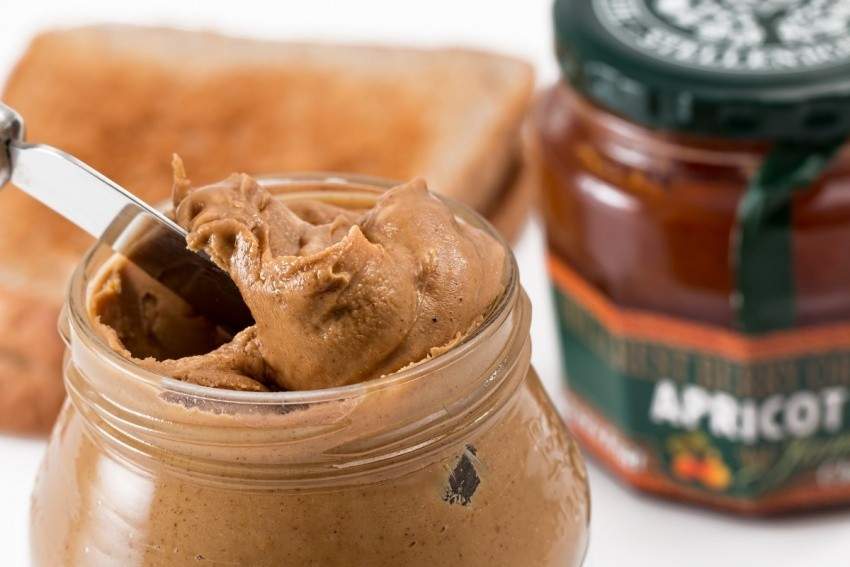If you’ve ever thrown out food that still appeared to be good, solely based on its best before date, you’re not alone. According to recent studies, throwing out edible food based solely on best before dates is the largest single contributor to avoidable food waste. A University of Guelph microbiologist recently put together a comprehensive guideline to help navigate and interpret best before dates, and in many cases, an item’s shelf life can extend well beyond what the label suggests.
Speaking of avoiding unnecessary waste, the federal government recently awarded $1 million each to three Canadian companies that are developing technologies to mitigate plastic waste from food packaging. The recipients were selected from Environment Minister Jonathan Wilkinson’s plastic innovation challenge, which is part of an ongoing plan to ban many single-use plastics by 2021.
Lastly, the Canadian National Railway is shutting down all operations in Eastern Canada in response to Coastal GasLink pipeline protests that saw demonstrators blocking railways in B.C. and Ontario. Manufacturers are currently scrambling to deliver products, and industry associations are warning of potential shortages to come to various markets, including Canada’s food sector.
Here are five stories you might have missed in food news today.
How best before labels contribute to Canada’s food waste problem

According to recent studies, throwing out food because it is past its best before date--even though it might still be edible--is the largest single contributor to avoidable food waste. While the actual spoil date can vary between foods, oftentimes, an item’s shelf life can extend well beyond what the label suggests.
Head to the Globe and Mail for more, including an extensive guideline from a University of Guelph microbiologist on how to assess “expired” products.
Rail blockades may lead to food shortages

The Canadian National Railway has begun shutting down all operations in Eastern Canada in response to protests in support of Wet’suwet’en Nation’s opposition to the Coastal GasLink pipeline in northern B.C. Demonstrators have blocked railways in B.C. and Ontario, which has led many retailers to warn consumers of impending shortages should the protests continue.
Check out the Financial Post for more.
New Alberta-based study on disease transmission between wildlife and livestock

Scientists from the University of Calgary and the University of Alberta are looking into a range of interactions between livestock and wildlife to better understand the risk of disease transmission. According to the study, livestock management that minimizes the risk of contact with wildlife will reduce the risk of transmission.
Get the full story at CBC News.
Federal government awards $3 million to help fight food waste

The federal government has awarded $1 million each to three companies developing technologies to address plastic waste from food packaging and construction as part of Environment Minister Jonathan Wilkinson’s plastics innovation challenge. Wilkinson says promoting clean technology development is a key step toward achieving a future with zero plastic waste.
Find the list of winners at the National Post.
Nuts ‘N More peanut butter recalled across Canada

Earlier this week, the CFIA issued a nationwide recall on Nuts ‘N More brand peanut spread due to a possible Listeria species contamination found during routine testing. There are currently no reported illnesses associated with the contamination, but the CFIA has cautioned consumers with the product to either dispose of it or return it to where it was purchased.
Find out more at Canada.ca.













